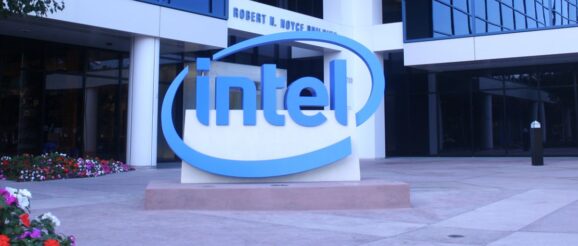Intel Opens Chinese Chip Innovation Center for Developing AI, Custom Chips | Tom’s Hardware

Intel has launched a new innovation center in Shenzhen, China. The center will work on artificial intelligence (AI), chips, and edge computing applications for the local market. As reported by The Register. Essentially, Intel wants to develop products for China in the People’s Republic. Meanwhile, the decision by the U.S. company somewhat contradicts the harsh U.S. stance against Chinese high-tech industries.
The innovation center would utilize “Intel’s existing technologies and products to continuously enable the application innovations of our partners and customers with an open ecosystem, with a focus on applications in artificial intelligence (AI), chip applications and edge computing etc to address the local market demand,” a statement from Intel published by The Register reads.
The Intel Greater Bay Area Innovation Centre is a collaborative effort between Intel, Nanshan district government in Shenzhen, and local technology firms. In particular, Intel will work with portable electronics maker Ugreen as well as fabless chip designers Senary Technology Group and Chipsea Technologies, to establish multiple joint laboratories. These labs will focus on research areas such as low-carbon and energy-saving IT solutions, PC and server chips, and smart transport. In addition to this, Intel has committed to providing technical and resource support for startups in Nanshan to facilitate market roll-outs and industry access. Media reports indicate that 60 local tech firms attended the opening ceremony.
“We will further leverage Intel’s technology and ecosystem strengths … facilitate the integration and development of emerging sectors in the Greater Bay Area and across the country … and help develop the digital economy,” Intel China chairwoman Wang Rui is reported to have said, according to the South China Morning Post.
The unveiling of the new innovation center coincided with Intel’s introduction of its new Gaudi 2 processor designed for AI training and inference, which meets U.S. export requirements and can be sold to Chinese customers. The customized version promises to be in high demand as not all companies in China can obtain Nvidia’s A800 and H800 compute GPUs due to extraordinary costs, high demand, and scarce availability.
The decision to open up a new development hub in China can be considered as part of Intel’s efforts to retain business in China amidst deteriorating relationship between the U.S. and China, which has led to the U.S. imposing restrictions on chip exports.
